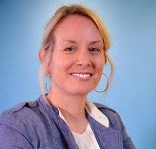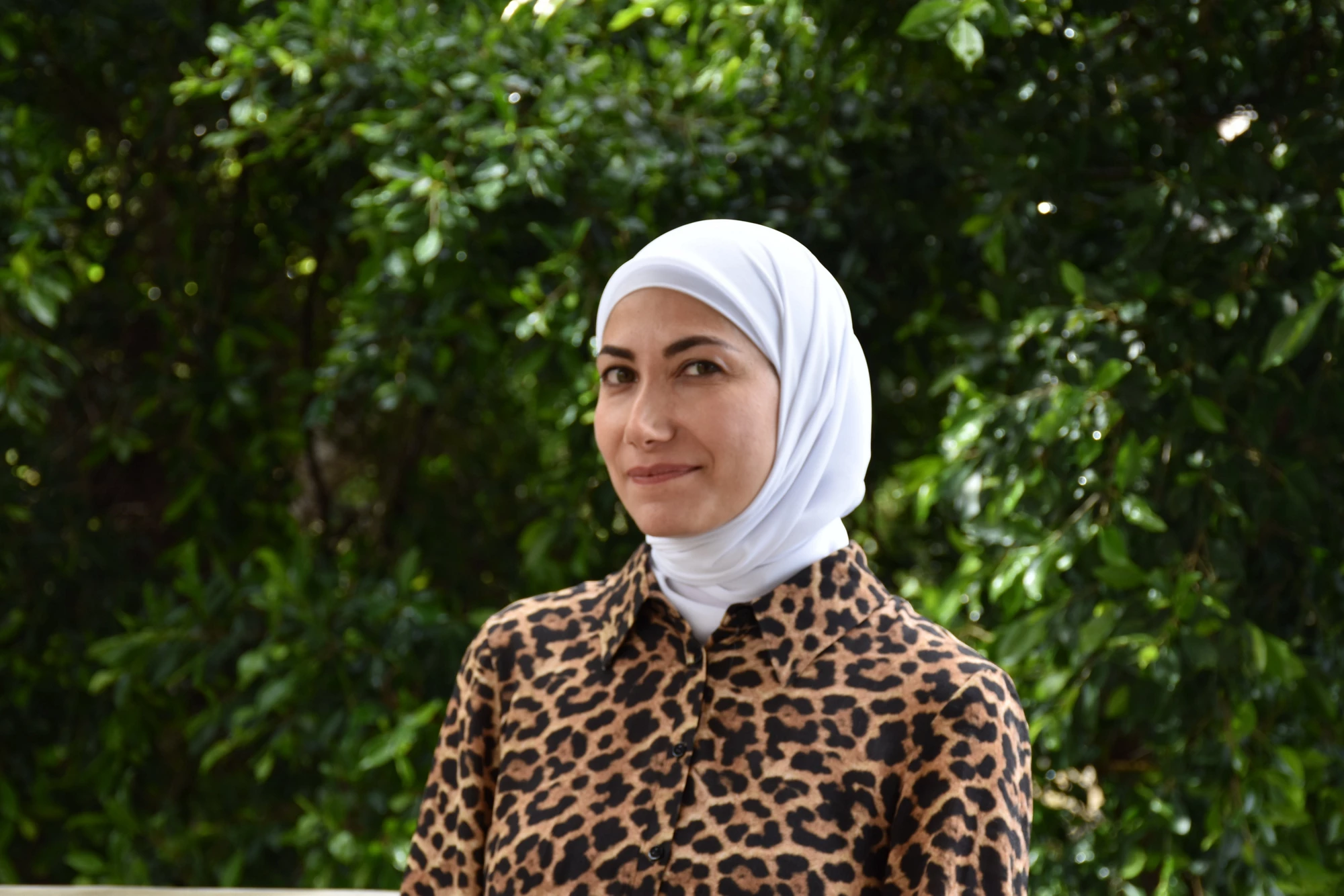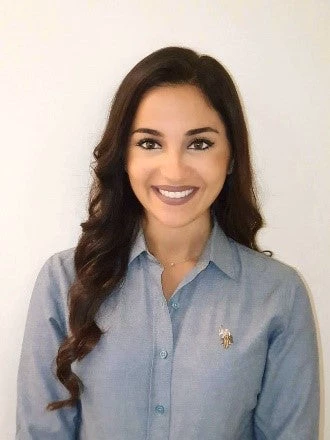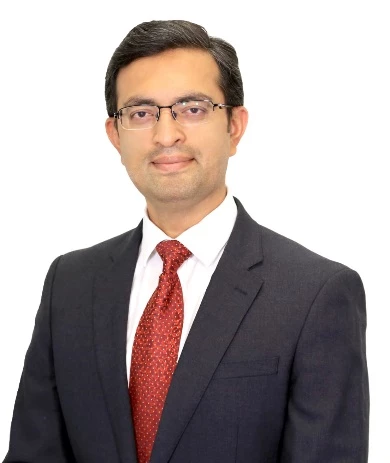 Des étudiants libanais dans une salle de classe portant des masques.
Des étudiants libanais dans une salle de classe portant des masques.
Going back to school is a time for celebration for children around the world, where they are excited to reunite with their friends after a long gap. This year in Lebanon, going back to school is a long-awaited event after prolonged school closures due to the COVID-19 pandemic. While around 600,000 private school students started in-person schooling in September, public schools have only slowly started to open their doors and have yet to ensure that more than half a million students resume face-to-face classes.
For two years now, Lebanon has been facing a tsunami of crises: an economic and financial crisis likely to rank as one of the most severe in the world, the COVID-19 pandemic, and the Port of Beirut explosion. These multiple crises have had a devastating impact on people’s lives and livelihoods. They have also put severe strains on an already struggling education system, according to the World Bank’s Lebanon Economic Monitor 2021.
Pre-COVID 19 learning levels were already low with only 6.3 years of learning taking place. The pandemic necessitated long school closures, with limited remote learning opportunities. Rising poverty levels is also causing significant pressure on children to drop out of school so that they can work. Children in Lebanon are facing a “lost year” of learning with long-term consequences. This further exacerbates Lebanon’s low human capital indicators, putting it among the lowest in the region.
In collaboration with the Ministry of Education and Higher Education (MEHE), the World Bank and other partners have mobilized support for the reopening of schools. A collective effort is required to tackle immediate needs while also engaging in critical reforms to improve education outcomes. Children deserve opportunities to grow intellectually, socially, and emotionally. To realize this potential, five actions are needed to ensure a safe return to classrooms:
- Reduce the burden on households by covering the direct costs of schooling such as registration fees, stationary, books, transport, and school uniforms. The World Bank-financed Emergency Social Safety Net program will provide top-up cash transfers to 87,000 children in grades 7 to 12 at risk of dropping out from public schools.
- Invest in schools. Solar panels are an essential investment in schools to reduce the reliance on fuel for generators for power supply. Currently only 10% of public schools have solar panels.
- Provide incentives for teachers to return to teaching to alleviate and mitigate the loss of income. For the new academic year, the World Bank-financed Support to RACE2 program will provide financial incentives for all teachers in public schools. All teachers who teach classes in person will be paid a lump sum that will compensate for increased costs of living and salary losses due to hyperinflation and currency fluctuations. A Third-Party Monitoring Agency will be recruited to verify that incentives are only paid to eligible teachers who actually attend school and perform their monthly workload.
- Address learning losses through catch up and remedial programs. International assessments have shown that Lebanon is one of the lowest performing. Remedial programs should include structured lesson plans, formative assessment, and instructional support that focus on student learning.
- Ensure a safe and healthy return to school. Schools need to have appropriate health and sanitation products. Standard Operating Procedures comprising adequate social distancing, improved ventilation, and rapid testing must be enforced at all times. The World Bank Health Resilience Project has procured Pfizer vaccines to help Lebanon scale up its vaccination program including a recent increase in coverage for children aged 12+. To mitigate the transmission in schools, the vaccination must be rolled out to all school staff and eligible children.
In addition to the above, long-term education reforms are essential. The MEHE has embarked on a new 5-year education strategy that sets out a roadmap to improve access, retention, quality of learning, governance, and system strengthening.
If Lebanese leaders prioritize change in the sector, the following actions are needed as reflected in the World Bank’s recent report Foundations for Building Forward Better:
- Address adequacy and efficiency of financing to prioritize better support to disadvantaged children and low performing schools to ensure learning for all children.
- Improve governance and accountability with reinforced coordination by making education data public, conducting regular student assessments to determine learning needs, and introducing quality standards across all institutions.
- Support teachers and school leaders through the adoption of appropriate teaching workloads, effective teacher deployment to under-served areas, and performance-based career growth plans.
- Improve learning levels by investing in quality Early Childhood Education to lay the foundation for learning.
Children in Lebanon have the right to quality education for a brighter future. It is up to its leaders to walk the talk of education sector reform for the benefit of individuals and the society at large, starting with the joyful and immediate return to school for all children.





Join the Conversation